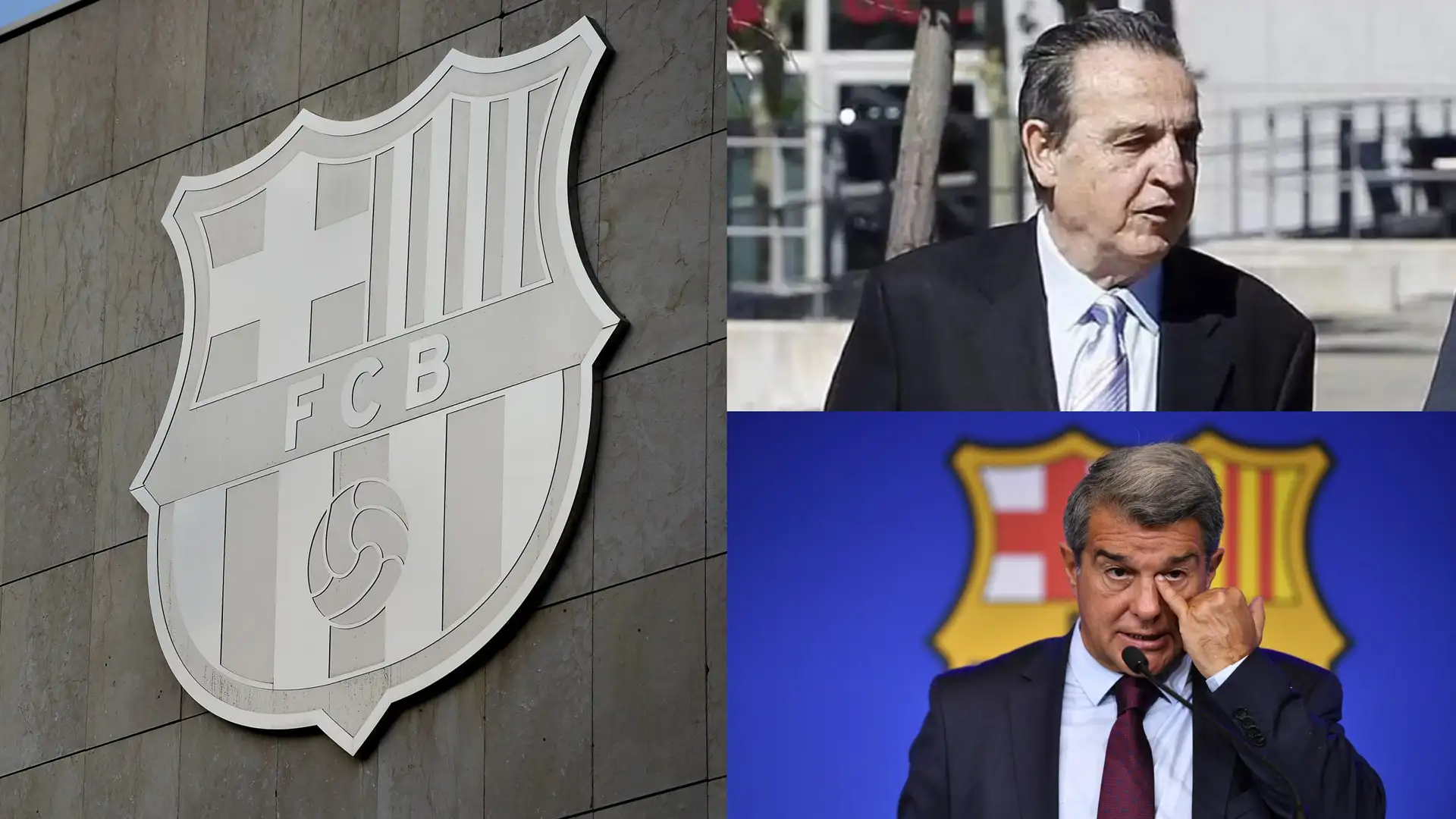
Barcelona Ordered to Release Negreira Contract as Records of €8m Payments to Refereeing Official Go Missing
A Deepening Crisis in Catalonia
Barcelona, a club synonymous with beauty on the pitch and the motto “Més que un club,” now finds itself embroiled in one of the most troubling legal sagas in Spanish football history. The “Negreira Case” — already a dark cloud hanging over the Camp Nou — has entered a decisive new phase. A Spanish court has ordered the Catalan giants to produce the original contracts and documentation tied to €8 million in payments made to former refereeing official José María Enríquez Negreira.
The issue? Those contracts have seemingly vanished.
According to reports from El Mundo, investigators combing through Barcelona’s archives have found no trace of the original paperwork that might justify nearly two decades of payments to Negreira and his companies. The missing documents have only fueled suspicions that these weren’t legitimate consulting fees, but rather payments made with the intent of influencing refereeing decisions — a charge that, if proven, could amount to sports corruption.
The court’s directive doesn’t just demand paperwork. It compels Barcelona, as a legal entity, to appear before investigators, and it summons several of the club’s most high-profile figures — including Joan Laporta, Luis Enrique, and Ernesto Valverde — to testify as witnesses later this year.
The legal pressure on the club, already strained financially and institutionally, is now reaching a boiling point.
The Negreira Case: Football’s Most Explosive Scandal
The story began with whispers, then headlines, and now a full-blown judicial probe that threatens to stain one of the most storied institutions in world sport.
Between 2001 and 2018, Barcelona allegedly paid €8 million to Negreira, who at the time was vice-president of Spain’s Referees Committee (CTA). The payments were said to be for “refereeing consultancy,” including reports on officiating trends and assessments of referees assigned to Barça matches.
On paper, it sounded somewhat plausible. Clubs often hire analysts to help players and coaches better understand officiating patterns. But what makes this case so explosive is who was being paid — the second-highest official in Spain’s refereeing hierarchy.
It’s one thing to study referees. It’s another entirely to pay the person responsible for overseeing them.
The court’s main question is simple: Were these payments legitimate consulting fees, or a systematic effort to influence match officials and gain a competitive edge?
So far, no verifiable reports, contracts, or invoices have surfaced to justify the arrangement. And as the court digs deeper, patience — and trust — in Barcelona’s explanations is wearing thin.
Missing Contracts and Mounting Suspicion
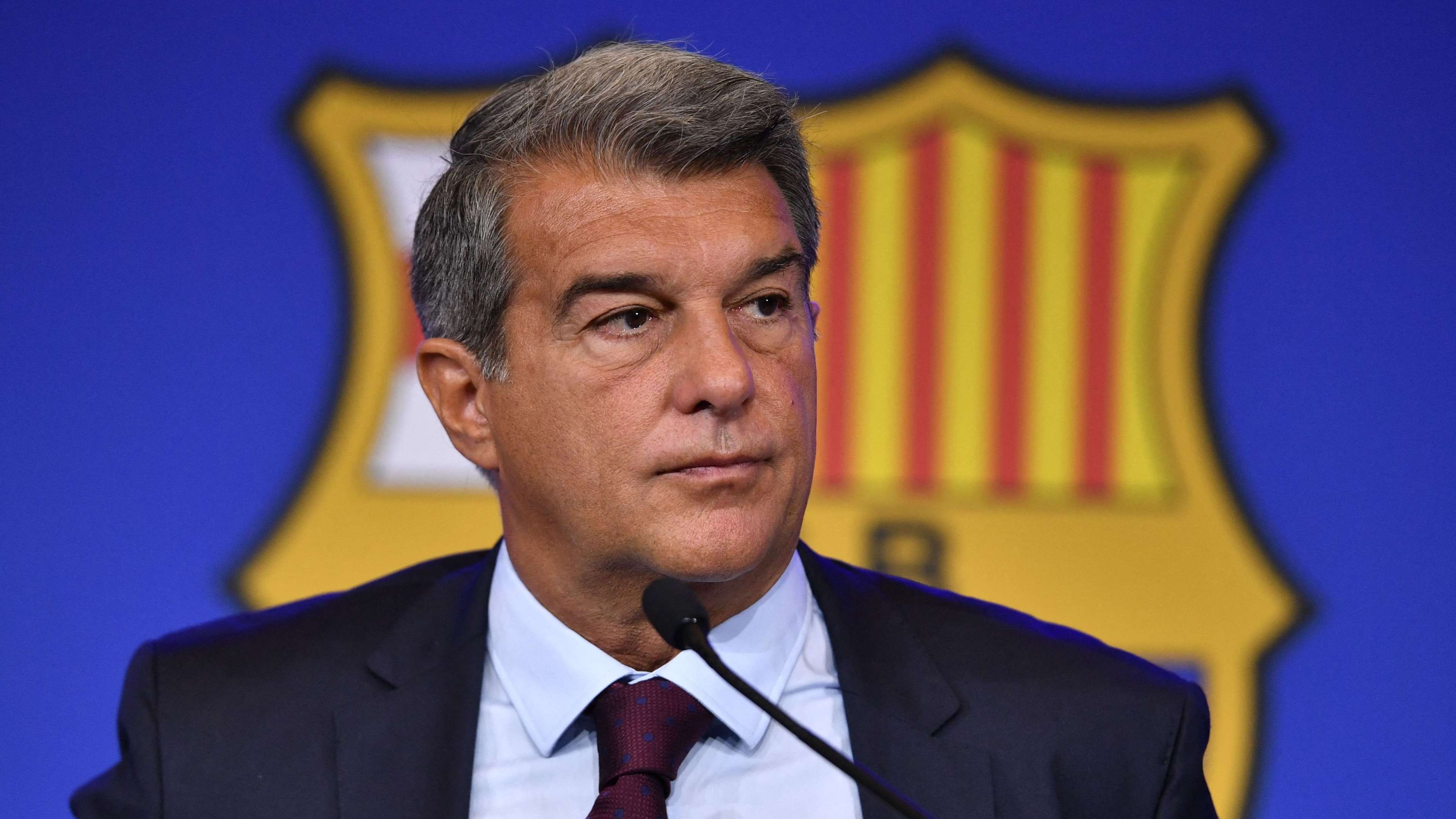
FBL-ESP-BARCELONA
The order from the Barcelona court is unequivocal. The club must deliver “any type of material” that might explain or justify Negreira’s invoicing. That includes written reports, service agreements, internal emails, or even meeting notes between the club and the former referee.
So far, investigators have come up empty-handed.
The absence of documentation is not just a bureaucratic oversight; it’s potentially damning. For an organization as large and historically meticulous as FC Barcelona, the idea that years of financial and legal records could simply disappear strains credibility.
As one Spanish legal expert told El País, “In corruption cases, it’s often not the money that convicts — it’s the missing paper trail.”
That trail, or lack thereof, now sits at the center of a case that threatens not only reputations but also the club’s future governance.
Testimonies and Turning Points
The investigation is poised to enter a critical stage next month. On November 25, the court will hear testimonies from Joan Laporta, Luis Enrique, and Ernesto Valverde — all appearing as witnesses. Their statements could prove crucial in determining the club’s intent and knowledge regarding the Negreira payments.
Laporta, who served as president during part of the payment period, has consistently denied any wrongdoing. He insists that the transactions were for legitimate consulting services and accuses rivals of exploiting the case to tarnish Barcelona’s image.
Former coaches Luis Enrique and Valverde, meanwhile, are expected to shed light on whether they ever received or reviewed refereeing reports attributed to Negreira’s consultancy. If they confirm that no such documents were ever presented, the case for corruption could gain significant weight.
Beyond those testimonies, the court has also summoned a string of other key figures:
-
Elena Fort, Barcelona’s current institutional vice-president, will appear on January 27.
-
Joan Gaspart, a former club president, is scheduled for February 6.
-
And notably, Ricardo Segura, a former referee who has worked for Barcelona since 2021 in a “refereeing advisory” capacity, has been called to explain whether his current role mirrors that of Negreira’s.
That last point is particularly significant. The court seems to be asking whether Barcelona quietly continued similar practices even after the scandal broke — a revelation that would further deepen the club’s legal peril.
A Club Under Siege
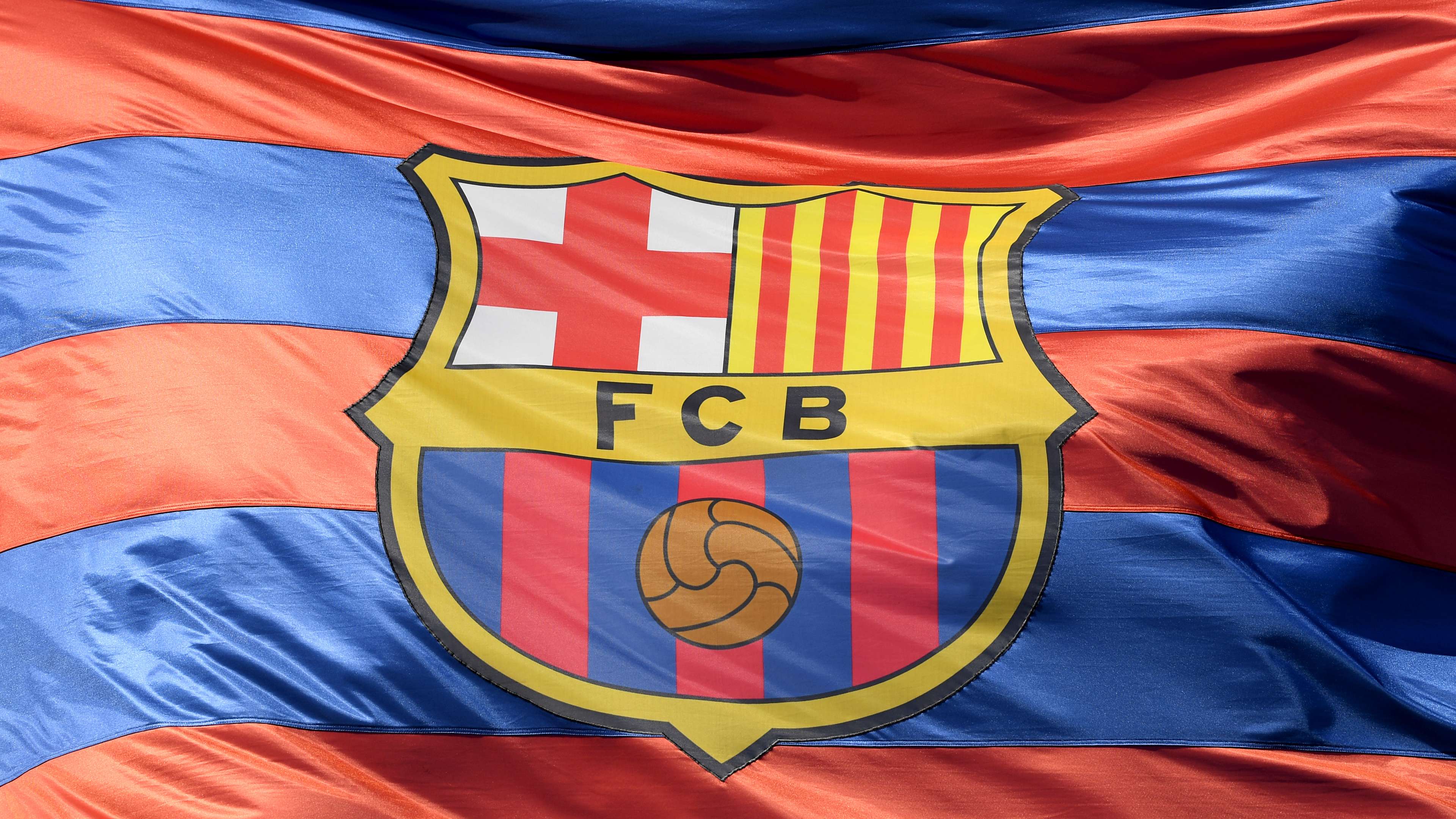
FC Barcelona v AS Roma – UEFA Champions League Quarter Final Leg One
For Barcelona, this legal storm arrives at an already fragile moment. Years of financial mismanagement, sky-high wage bills, and the fallout from the pandemic have left the club in a precarious position. The gleaming era of Messi and Guardiola has long since faded, replaced by austerity measures and reputational crises.
And while Xavi’s team continues to battle on the pitch, the headlines off it are once again overshadowing the football.
Inside the club, sources describe an atmosphere of quiet panic. Board members have reportedly urged full cooperation with the courts, fearing that further obstruction could lead to criminal charges.
Publicly, Barcelona maintains its innocence, framing the probe as a politically charged attack. But privately, even longtime insiders admit the optics are catastrophic.
“The problem isn’t just whether they’re guilty,” a former club executive told La Vanguardia. “The problem is that it looks like they might be.”
Legal Stakes and What Comes Next
The upcoming hearings could define the trajectory of the case for years to come. If the court finds evidence that the payments were intended to influence referees, Barcelona could face severe consequences under both Spanish criminal law and sporting regulations.
Possible outcomes range from hefty fines and executive bans to potential points deductions or competition suspensions if UEFA or FIFA intervene.
For now, the investigation remains within Spanish jurisdiction, but international governing bodies are monitoring developments closely. UEFA President Aleksander Čeferin has already hinted that the case represents “one of the most serious situations” he’s seen involving a major European club.
Barcelona’s defense hinges on one thing: proof that the payments were for genuine, legitimate services. Without the contracts or reports to support that claim, however, the court may interpret the missing records as evidence of concealment rather than coincidence.
Governance, Reputation, and the Weight of the Past
What makes this saga so painful for Barcelona fans is not just the potential legal fallout but the moral contradiction it exposes.
This is the club that has long stood for values — for youth development, fairness, and identity. The idea that it might have engaged in questionable financial arrangements with a top refereeing official is nothing short of devastating.
The Negreira Case has forced a reckoning. It raises uncomfortable questions about the governance of a member-owned institution, the lack of internal oversight, and how far the club’s leadership was willing to go to protect its competitive dominance during the 2000s and 2010s.
Even if no formal conviction arrives, the damage to Barcelona’s credibility could be lasting. For rivals, the scandal has become a symbol of hypocrisy; for supporters, a source of heartbreak.
The November Hearing: A Defining Moment
As the calendar edges toward November 25, tension is mounting. Laporta, Enrique, and Valverde’s testimonies could either open a path toward exoneration or push the club further into crisis.
If Barcelona manages to produce documentation that convincingly explains the €8 million in payments, the club may yet salvage its defense. But if those documents truly are missing — or worse, never existed — the consequences could be severe.
The court will weigh their words carefully. Every phrase, every recollection, will help shape the narrative of whether this was a case of poor record-keeping or a deliberate act of corruption.
Either way, Barcelona’s image — as a footballing institution and as a cultural symbol — hangs in the balance.
Final Thoughts: Beyond the Courtroom
This isn’t just a legal case; it’s a moral crossroads for one of the greatest clubs in history. The outcome won’t just affect board members or former officials — it will ripple through generations of supporters who grew up believing in the purity of Barça’s way.
For now, the club faces an uncomfortable dual reality: chasing trophies on the field while fighting for its integrity off it. The Negreira investigation could drag well into 2026, a slow and painful process that keeps reopening old wounds.
But perhaps this reckoning is necessary. Maybe it’s the price of rediscovering the transparency and accountability that once defined Més que un club.
Because at this point, for Barcelona, the real battle isn’t just about missing contracts. It’s about finding its soul again.



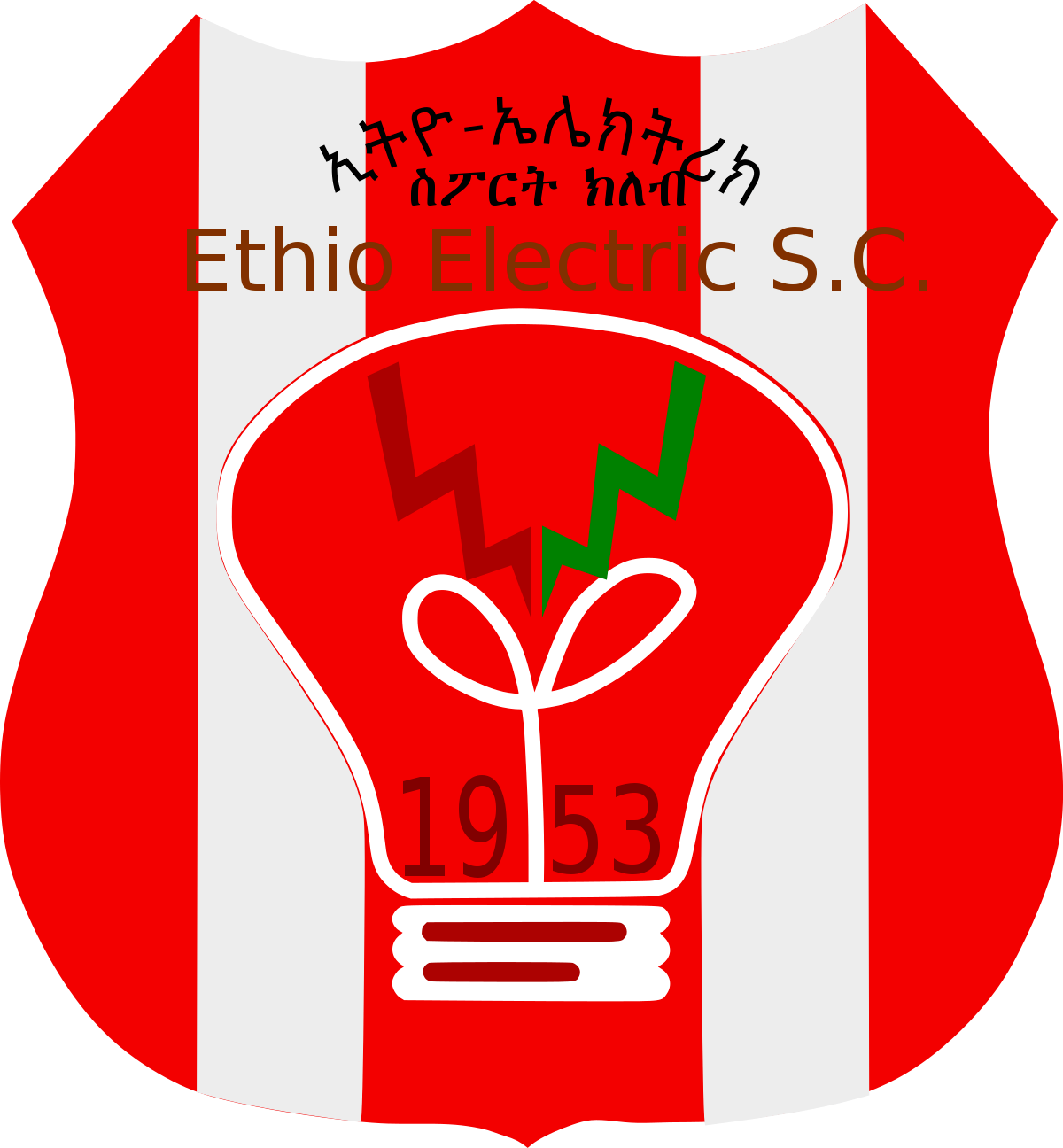










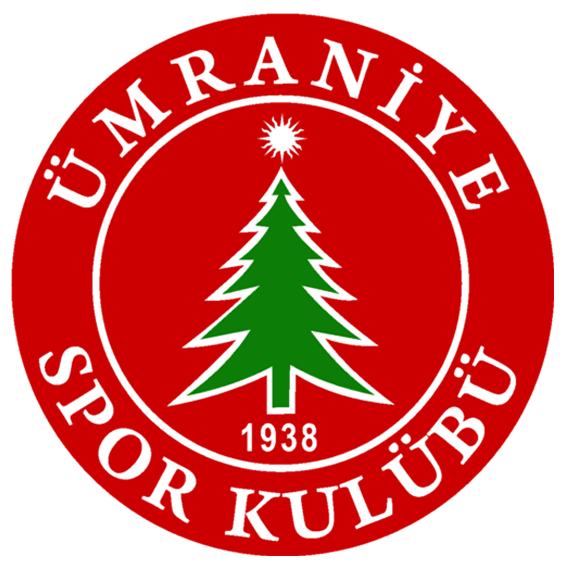











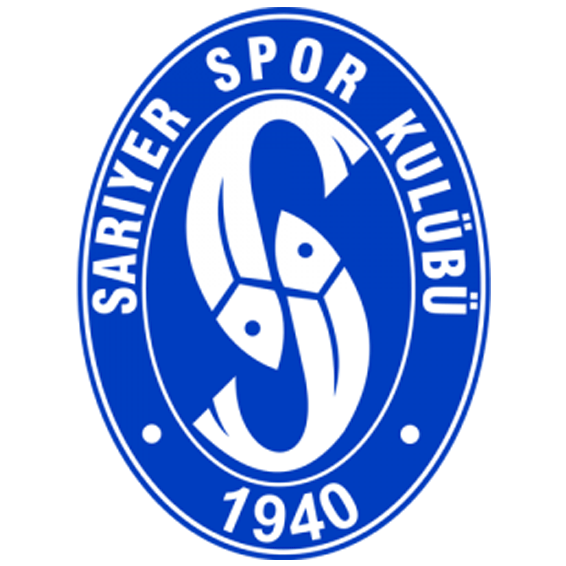



























There are no comments yet. Be the first to comment!